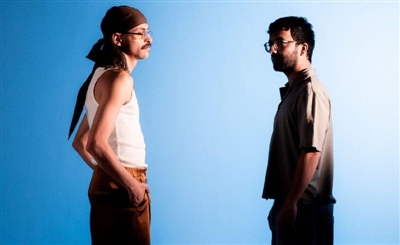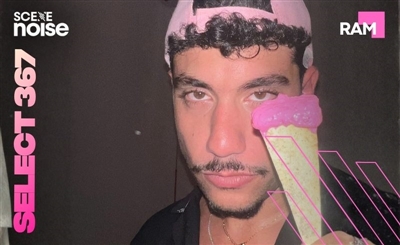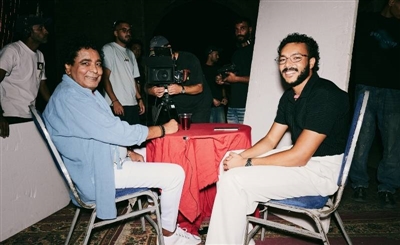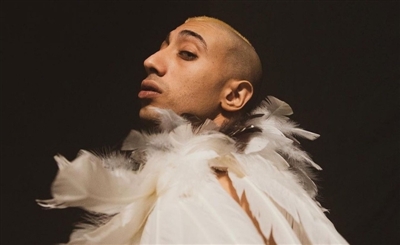El Bent Theb: Egypt’s Al Sawareekh Release New Single on Sony Music
The latest chapter of the historic deal between Egyptian label, 100Copies, and Sony Music Middle East.

Earlier this year, Sony Music Middle East dropped a bombshell announcement, revealing that it had signed a long-term partnership with Cairo-based independent label, 100Copies, to bring the runaway train that is mahraganat music to the masses - and when we say masses, we mean regionally and globally. It was quickly followed by the partnership's first release, from Hamo Bika, just as the Corona pandemic was settling into making life hell. It undoubtedly put a spanner in the works for Sony and 100Copies, but we now finally have the second release and it comes from a certain cheeky twosome.
The
infectious duo of Dokdok and Bassem Fanky, aka El Sawareekh, have released a
typically playful and catchy number with ‘El Bent Theb’ (The Girl Loves).
Against Fanky’s festive, bouncy production, Dokdok’s lyrics ponder an issue
that has plagued man since the dawn of time: what do women want? This is no
attack on the fairer sex, however; if anything, the duo directly address men
and touch on a kind of level-headed chivalry that hasn't traditionally featured in mahraganat songs.
<iframe width="800" height="450" src="https://www.youtube.com/embed/i0rD-O6UfZA" frameborder="0" allow="accelerometer; autoplay; encrypted-media; gyroscope; picture-in-picture" allowfullscreen></iframe>
Releases aside, the deal - which will also see Sony push 100Copies' catalogue globally - marks a huge leap for a genre and scene that has been condemned (and banned) by the powers that be this year. The continued international recognition of mahraganat music, and shaabi before it, has given an unlikely platform for Egypt's grassroots musical movements and it doesn't look like it's going to stop anytime soon. It's been an inexplicable rise for some, but founder of 100Copies, Mahmoud Refaat, sees it as a natural and deserved progression for a genre that speaks of the common Egyptian experience more than any other.
“The music
of the people is happening from mahraganat,” Refaat said when the deal was announced. “The fashion, the lyrics, the words!
The language! The development of the language—the street language. The signs.
The body language. The choreography. The attitude. The culture. The way you
walk from here to there. The way you set up a party. The way you build a house.
This is all related to mahraganat.”
- Previous Article test list 1 noise 2024-03-13
- Next Article What Dance Music is the Middle East Listening to?
Trending This Month
-
Nov 24, 2025






















